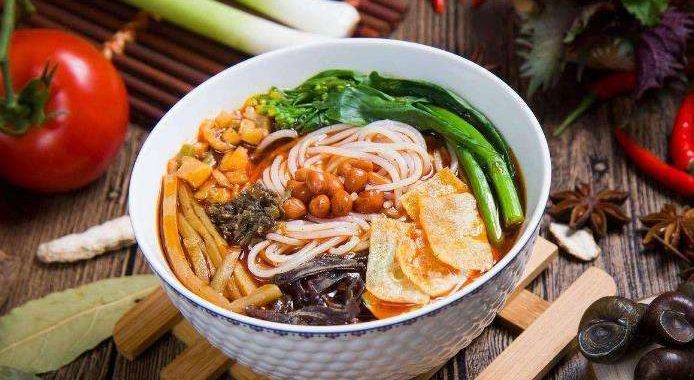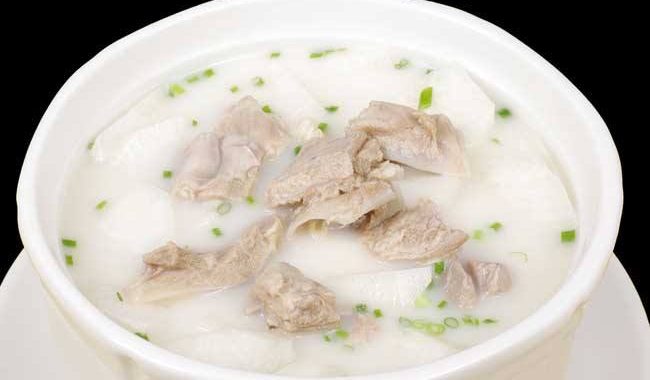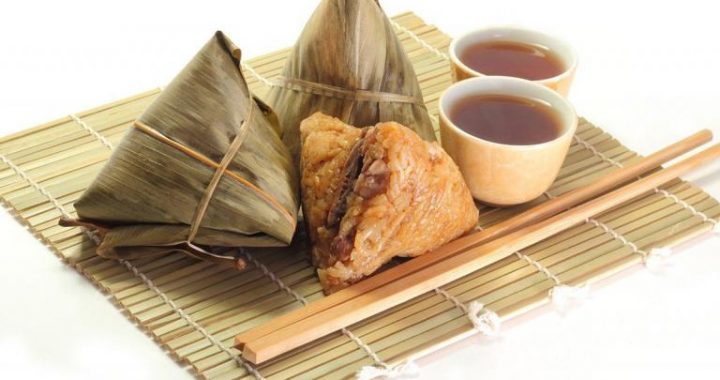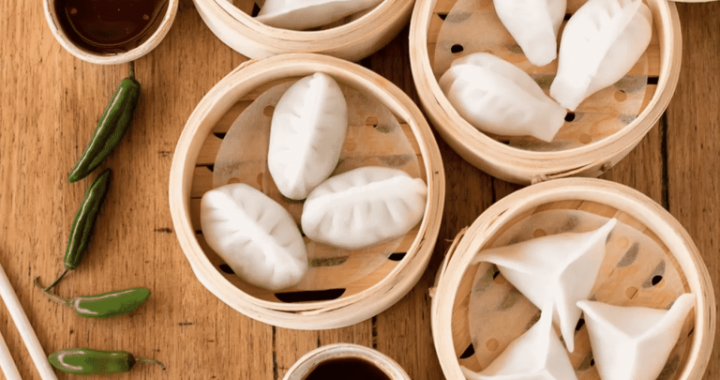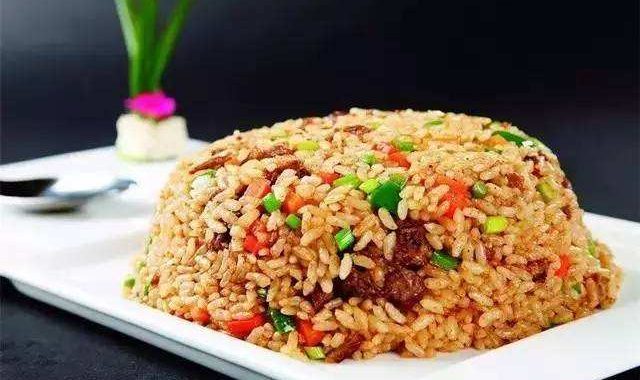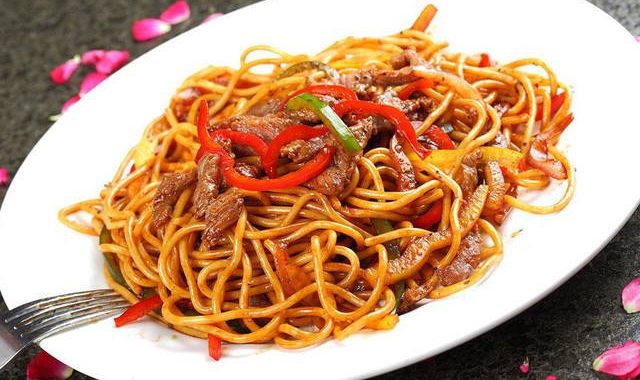Cucumber and Daikon (white radish) and Eggplant (aubergine) and Lettuce
2 min readCucumber
Sweet (Earth), cold, balance of Yin and Yang
Cucumber cleans the blood and detoxifies by promoting urination. It affects the spleen, stomach, and large intestine. The juice of fresh cucumber leaves can be used to heal burns, as can slices of cucumber placed gently against the affected part. Cucumber cools body heat. It is therefore useful forcounteracting ailments due to heat in the lungs and stomach, such as acne, skin rashes, and dry, hot coughs. Protein, 0.3 g; Fat, 0.1 g; Fiber, 0.3 g; Carbohydrate, 1.5 g; Vitamin A, 23 IU; Vitamin B1, 0.02 mg; Vitamin B2, 0.01 mg; Niacin, 0.2 mg; Vitamin C, 2 mg; Calcium, 7 mg; Phosphorus, 9 mg; Iron, 0.11 mg

Daikon (white radish)
Pungent and sweet (Metal and Earth), cool, weak Yang
Daikon affects the lungs and the stomach. It eliminates hot irritation of the throat and bronchi, and is therefore a useful remedy for coughs and laryngitis. It detoxifies and helps digestion, thus curing indigestion and diarrhea. Its juice also helps asthma patients. Protein, 0.7 g; Fat, 0.1 g; Fiber, 0.8 g; Carbohydrate, 3.4 g; Vitamin A, 3 IU; Vitamin B1, 0.06 mg; Vitamin B2, 0.02 mg; Niacin, 0.5 mg; Vitamin C, 15 mg; Calcium, 35 mg; Phosphorus, 22 mg; Iron, 0.4 mg

Eggplant (aubergine)
Sweet (Earth), cool, balance of Yin and Yang
Eggplant nourishes the blood and qi and relieves pain, swelling, and heat. The raw juice is used as an application for softening and removing corns. In China eggplant is recommended for treating hemorrhages, ulcerations of the skin and gums, dysentery with blood, and anal bleeding. Protein, 0.5 g; Fat, 0 g; Fiber, 0.6 g; Carbohydrate, 2.6 g; Vitamin A, 29 IU; Vitamin B1, 0.04 mg; Vitamin B2, 0.01 mg; Niacin, 0.2 mg; Vitamin C, 1 mg; Calcium, 15 mg; Phosphorus, 13 mg; Iron, 0.22 mg

Lettuce
Bitter and sweet (Fire and Earth), cool, Yin
Lettuce tones the blood and qi and dissipates heat. Because lettuce promotes the formation of body fluids, it is considered an effective diuretic and a remedy for poor lactation. Protein, 0.2 g; Fat, 0 g; Fiber, 0.1 g; Carbohydrate, 0.4 g; Vitamin A, 146 IU; Vitamin B1, 0.01 mg; Vitamin B2, 0.01 mg; Niacin, 0 mg; Vitamin C, 1 mg; Calcium, –; Phosphorus, –; Iron, 0.04 mg
